Maringhini A, Uomo G, Patti R, Rabitti P, Termini A, Cavallera A, Dardanoni G, Manes G, Ciambra M, Laccetti M, Biffarella P, Pagliaro L.Dig Dis Sci. 1999 Aug;44(8):1669-73.PMID: 10492151
Abstract
Epidemiological studies on pancreatic pseudocysts are retrospective analyses on alcoholic patients. The aims of this study were to investigate the incidence, natural history, and predictors of the appearance and disappearance of pancreatic fluid collections and pseudocysts after nonalcoholic acute pancreatitis. We carried out a prospective cohort study in a series of 926 patients with acute pancreatitis. Pancreatic fluid collections or pseudocysts were treated only after complications. We studied pancreatic fluid collections from 83 patients (8.9%): 48 of whom developed pseudocysts (5.1%). Both were less frequent after biliary pancreatitis (P < 0.0001). In the first 60 days of follow-up, patients with fluid collections or pseudocysts showed more complications than spontaneous disappearance; two of them died. After the 60th day, spontaneous disappearance was more frequent, and at one year the cumulative incidence of complications and spontaneous disappearance was 36% and 56%, respectively. A total of 33 patients with fluid collection needed interventional treatment (surgery or percutaneous or endoscopic drainage). Pseudocysts that were small (<5 cm) or developed in the tail had a higher incidence of spontaneous disappearance: 22/24 (91.7%) and 11/12 (91.7%), respectively. In conclusion, fluid collections and pseudocysts after non-alcoholic pancreatitis have a low incidence of complications and mortality with a high rate of spontaneous disappearance. We suggest treating them only after complications.
 Alberto Maringhini
Alberto Maringhini
 Alberto Maringhini
Alberto Maringhini
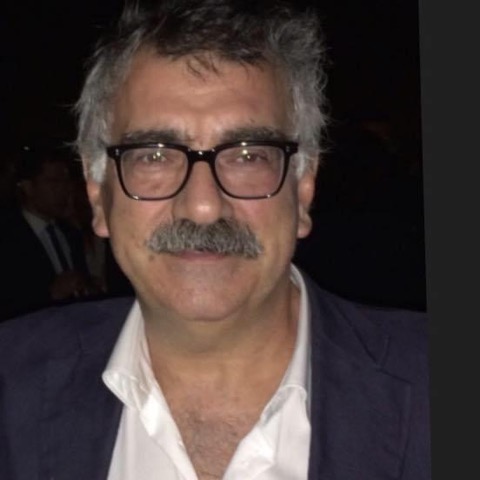
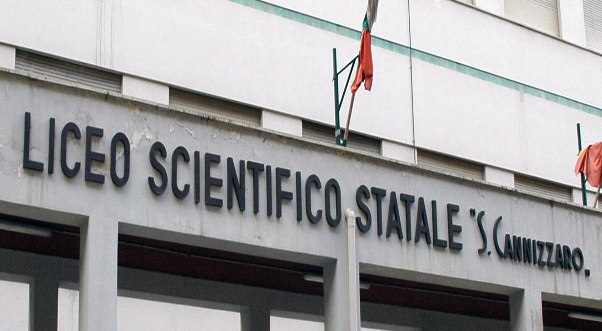
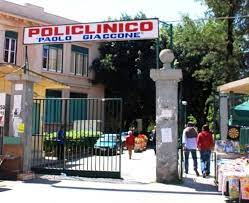

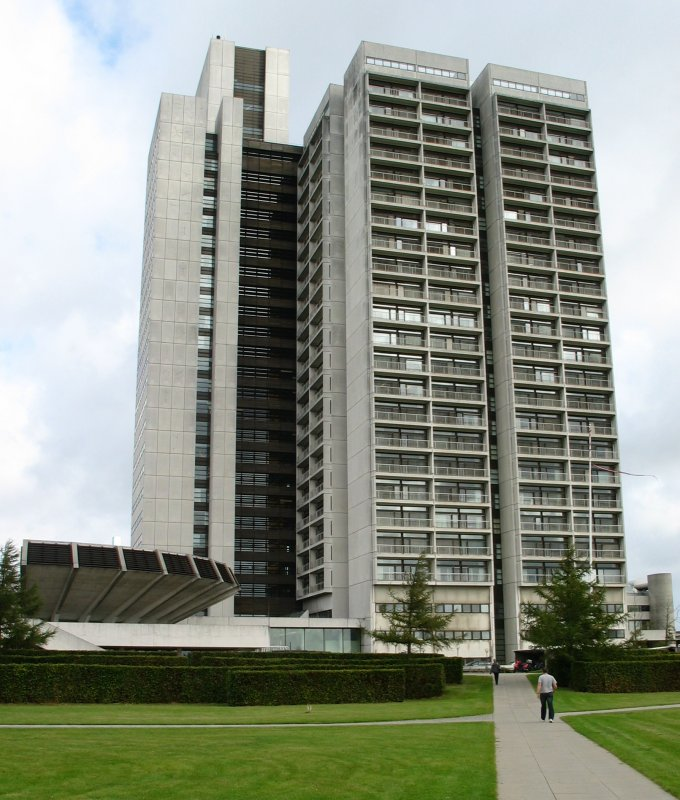


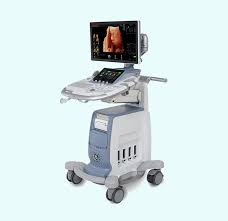
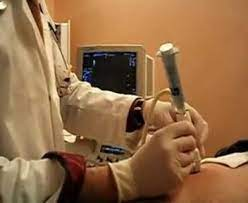



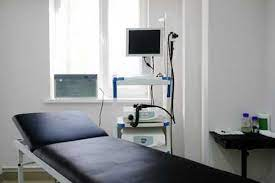


Condividi su